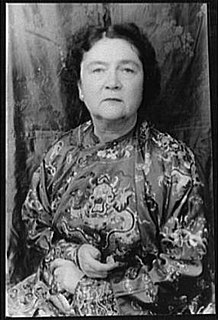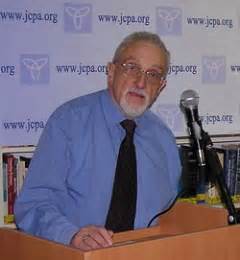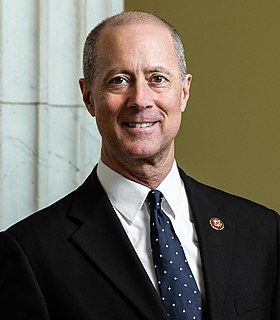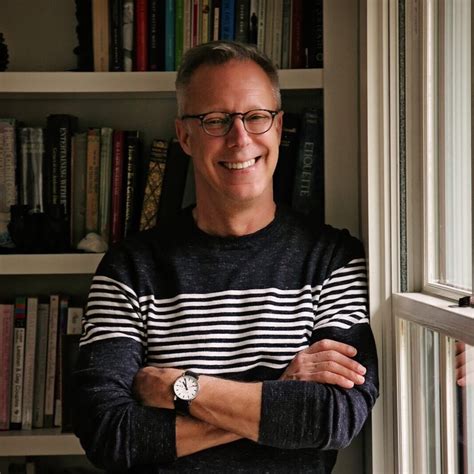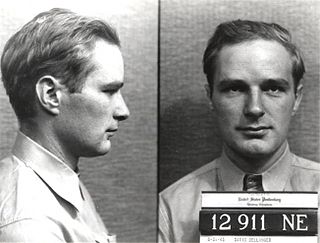Top 1200 Civil War Quotes & Sayings - Page 18
Explore popular Civil War quotes.
Last updated on December 26, 2024.
History has different yardsticks for the cruelty of the Northerners and the cruelty of the Southerners in the Civil War. A slave-owner who through cunning and violence shackles a slave in chains, and a slave who through cunning or violence breaks the chains – let not the contemptible eunuchs tell us that they are equals before a court of morality!
Obama is now fighting for his life. He's fighting for a federal government. I believe in a federal government. I hope it sticks around. We had the American Revolution. There was this whole tension between the federalists and the anti-federalists. Then we had the Civil War. We had Lincoln fighting for it. And the secessionists were there. And we have the same issue today.
It was Harry Patch, who was the last living World War I veteran; and by veteran I mean someone who actually fought in the war, he didn't just happen to be in the army at that time, in the Great War. And when the Iraq War started, he was interviewed, and they said, well what do you think of this? And he said, in a very sad voice, "Well, that's why my mates died. We thought we were going to end all that sort of thing."
We desire peace. However, if imperialism insists on fighting a war, we will have no alternative but to take the firm resolution to fight to the finish before going ahead with our construction. If you are afraid of war day in day out, what will you do if war eventually comes? First, I said that the East Wind is prevailing over the West Wind and war will not break out, and now I have added these explanations about the situation in case war should break out. Both possibilities have thus been taken into account.
If you look at the Gulf War or new military technologies, they are moving towards cyberwars. Most video-technologies and technologies of simulation have been used for war. For example, video was created after the Second World War in order to radio-control planes and aircraft carriers. Thus video came with the war. It took twenty years before it became a means of expression for artists.
As Paretsky detailed in her short memoir Writing in an Age of Silence (2007), early optimism buoyed by the civil rights movement of the 1960s and early 1970s has, in her view, all but crumbled in the face of a bombardment of sadism and misogyny, the withholding of civil liberties, and the nation's move from proud speech into near-deafening silence.
Anyone who asserted wrong teachings, anyone serving the devil or his demons, earned instead an equally remarkable antagonism. In their official high meetings together, Christians thus could not keep their own disagreements within the bounds of civil language; their continual quarrels required the intervention of the civil authorities; and all this was well known and noted by friends and foes alike.
The withdrawal that Congress is debating now will only effect whether we leave somewhat gracefully or in complete panic and humiliation. Sistani has already made the decision. The Sunnis will not be coming back into the Iraqi government. The die is cast. The civil war will continue. George W. Bush will leave office a complete embarrassment. And he still won't know what happened to him.
If you look back to the anti-intervention movements, what were they? Let's take the Vietnam War - the biggest crime since the Second World War. You couldn't be opposed to the war for years. The mainstream liberal intellectuals were enthusiastically in support of the war. In Boston, a liberal city where I was, we literally couldn't have a public demonstration without it being violently broken up, with the liberal press applauding, until late 1966.
Two households, both alike in dignity In fair Verona, where we lay our scene From ancient grudge break to new mutiny Where civil blood makes civil hands unclean. From forth the fatal loins of these two foes A pair of star-cross'd lovers take their life Whose misadventured piteous overthrows Do with their death bury their parents' strife.
All American wars (except the Civil War) have been fought with the odds overwhelmingly in favor of the Americans. In the history of armed combat such affairs as the Mexican and Spanish-American Wars must be ranked, not as wars at all, but as organized assassinations. In the two World Wars, no American faced a bullet until his adversaries had been worn down by years of fighting others.
The principle of majority rule is the mildest form in which the force of numbers can be exercised. It is a pacific substitute for civil war in which the opposing armies are counted and the victory is awarded to the larger before any blood is shed. Except in the sacred tests of democracy and in the incantations of the orators, we hardly take the trouble to pretend that the rule of the majority is not at bottom a rule of force.
Moammar Gadhafi and the revolt against Gadhafi was not started by the United States. It was started by the Libyan people. And the reason why I argued we needed to get involved is because he was going to go one way or the other. And my argument then was proven true, and that is, the longer that civil war took, the more militias would be formed and the more unstable the country would be after the fact.
Peter Biskind's Easy Riders, Raging Bulls was made all about drugs, when to most of us, that just meant pot and magic mushrooms. He made it seem like we were all shooting heroin into our eyeballs. But that's part of the whole '60s and what it represented: feminism and civil rights and trying to stop the war. Hopefully we're starting to see some of that optimism again, through the excitement around Barack Obama.
It's important to remember that World War II was experienced very much as a continuity in that sense. Most of World War II in most of Europe wasn't a war; it was an occupation. The war was at the beginning and the end, except in Germany and the Soviet Union, and even there really only at the end. So the rest of time it's an occupation, which in some ways was experienced as an extension of the interwar period. World War II was simply an extreme form, in a whole new key, of the disruption of normal life that began in 1914.
Okay, so here's my question: When did civility become incompatible with protest? Why do some people consider civility an antonym - anathema, even - to political action and dissent? Because, and I'm raising my voice, it's not. Have we forgotten how Mahatma Gandhi used nonviolent civil disobedience to free India from British rule and inspire civil rights movements worldwide?
Experience shows that great enterprises seldom end with a tidy and satisfactory flourish. Together, we are doing our best to re-establish peace and civil order in the Gulf region, and to help those members of civil and ethnic minorities who continue to suffer through no fault of their own. If we succeed, our military success will have achieved its true objective.
In the middle of the last century there was a reason to go to war. This time around the war was a really bad idea and I think the only people that benefited from it were Halliburton and people that made money from it, but that's not an excuse to have a war. Killing American kids so Halliburton can make money is not a righteous reason to go to war.
When I began writing poems, it was in the late 60s and early 70s when the literary and cultural atmosphere was very much affected by what was going on in the world, which was, in succession, the civil rights movement, the antiwar movement, and the women's movement in the 60s, 70s, and into the early 80s. And all of those things affected me and affected my thinking, particularly the Vietnam War.
Let's say Twitter existed during the Civil War. We would have a better understanding of people in the Confederacy who were against slavery, people in the North who actually felt we should just let the South be the South. Because the way it is now, it seems like we have this portrait where everybody in Georgia hated Yankees and everybody in the North was enlightened. That wouldn't seem as clear cut as it does now.
I think one of the tragedies of the civil rights movement was because the civil rights movement became so court-focused, I think that there was a tendency to lose track of the political and community organizing, and activities on the ground, that are able to put together the actual coalitions of power throughout which you bring about redistributive change. And in some ways, we still suffer from that.
In times of war, as everyone knows, who has lived through one, or talked to soldiers when they are allowing themselves to remember the truth, and not the sentimentalities with which we all shield ourselves from the horrors of which we are capable ... in times of war we revert, as a species, to the past, and are permitted to be brutal and cruel. It is for this reason, and of course others, that a great many people enjoy war. But this is one of the facts about war that is not often talked about.
By the time of the Civil War, there were many kinds of apples growing across the United States, but most of them didn't taste very good, and as a rule, people didn't eat them. Cider was cheaper to make than beer, and many settlers believed fermented drinks were safer than water. Everyone drank hard cider.

